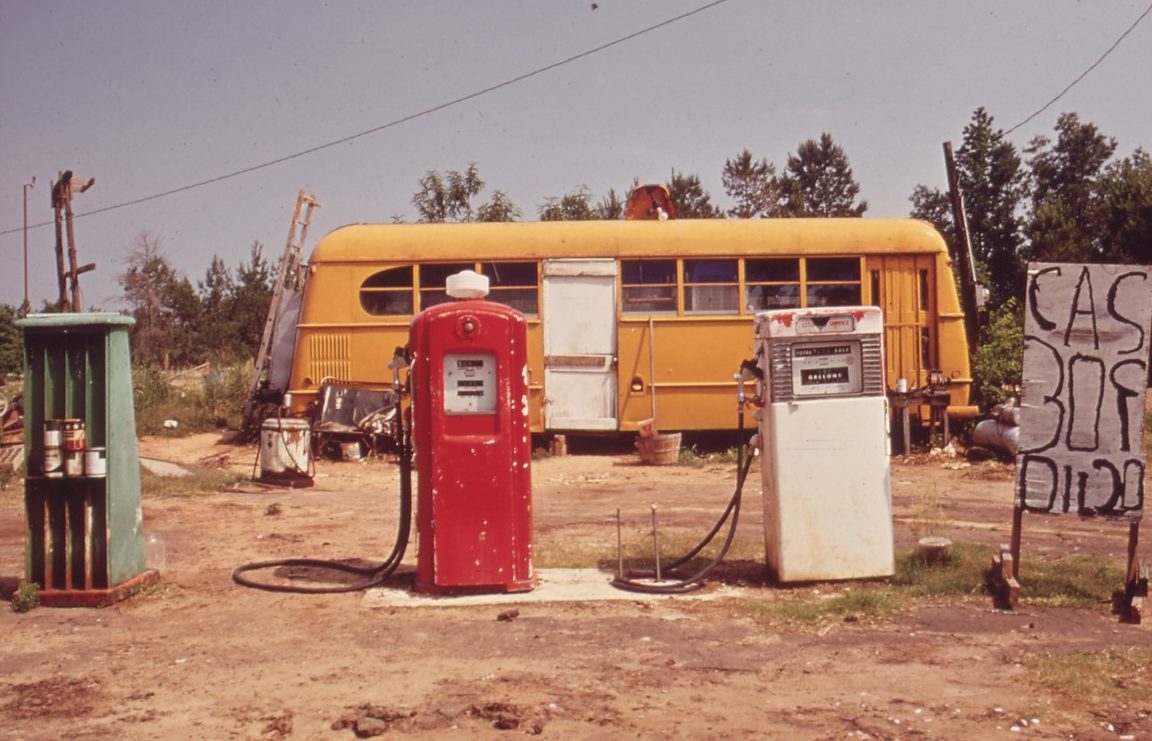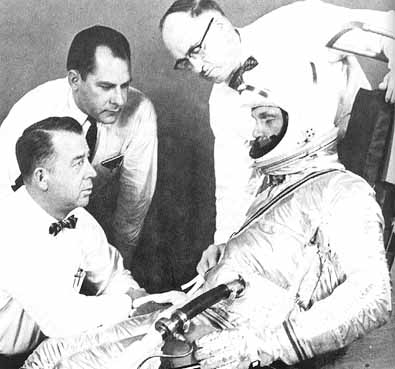You can never go home again not only because things were never quite the way you remember, but also because they do actually fundamentally change. In the case of the natural world on Earth, there’s really no pristine patch that hasn’t been altered by humans and our inventions. We’re clever but we leave a mark. Our impact doesn’t have to lead to existential risk, though it currently is.
In a Conversation article, James Dyke wisely points out the path forward should be mapped by learning from the past but not by trying to recreate it. Two short passages follow.
What is natural? What is artificial? It is often assumed that natural is better than artificial. Getting back to nature is something we should aspire to, with kids in particular not spending enough time in nature. But if you want to escape civilisation and head into the unaltered wilderness you may be in for a shock: it doesn’t exist.
New research now suggests that there are practically no areas that have escaped human impacts. But not only that, such impacts happened many thousands of years earlier than is usually appreciated. In fact, you’d have to travel back more than 10,000 years to find the last point when most of the Earth’s landscapes were unaffected by humans.•
As well as detailing some of the havoc that humans have wrought on the biosphere, the researchers also highlight some positive interactions humans had. For example, the long presence of prehistoric societies that flourished within the Amazon basin show that careful stewardship of ecological resources – in that instance the cultivation of rich productive soils – can enhance ecosystems and provide sustainable livelihoods.
This is perhaps the most important lesson gained from the study. If we are to feed and care for the nine billion people that will be living on Earth by the middle of this century, then we need a more subtle and complex understanding of nature and sustainability.
The industrial age we now live in has taken human impacts to a planetary scale. We are changing the global climate and some argue that we have become a geological force. We can neither get back to nature nor continue as we are.•



